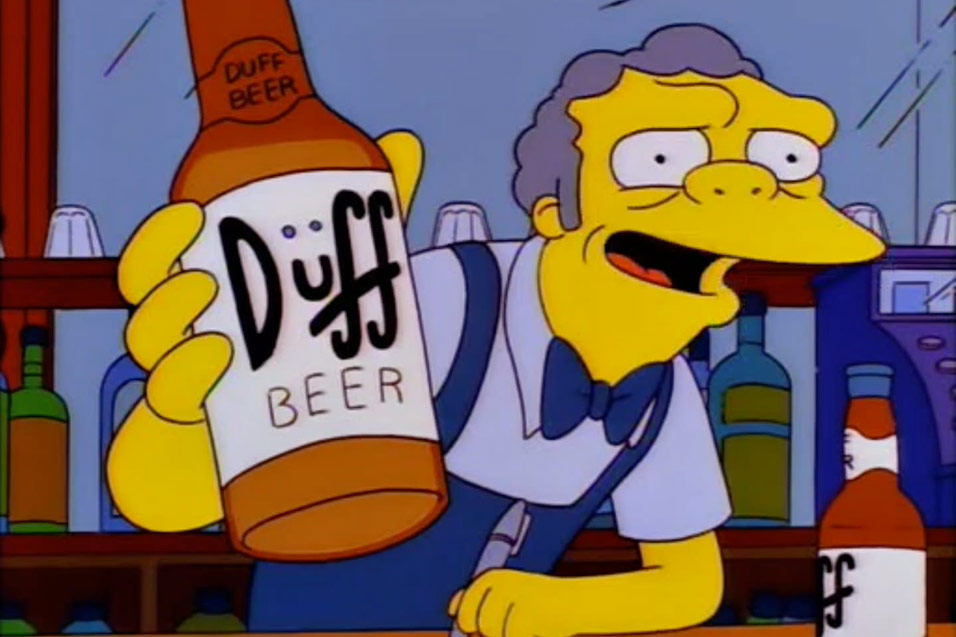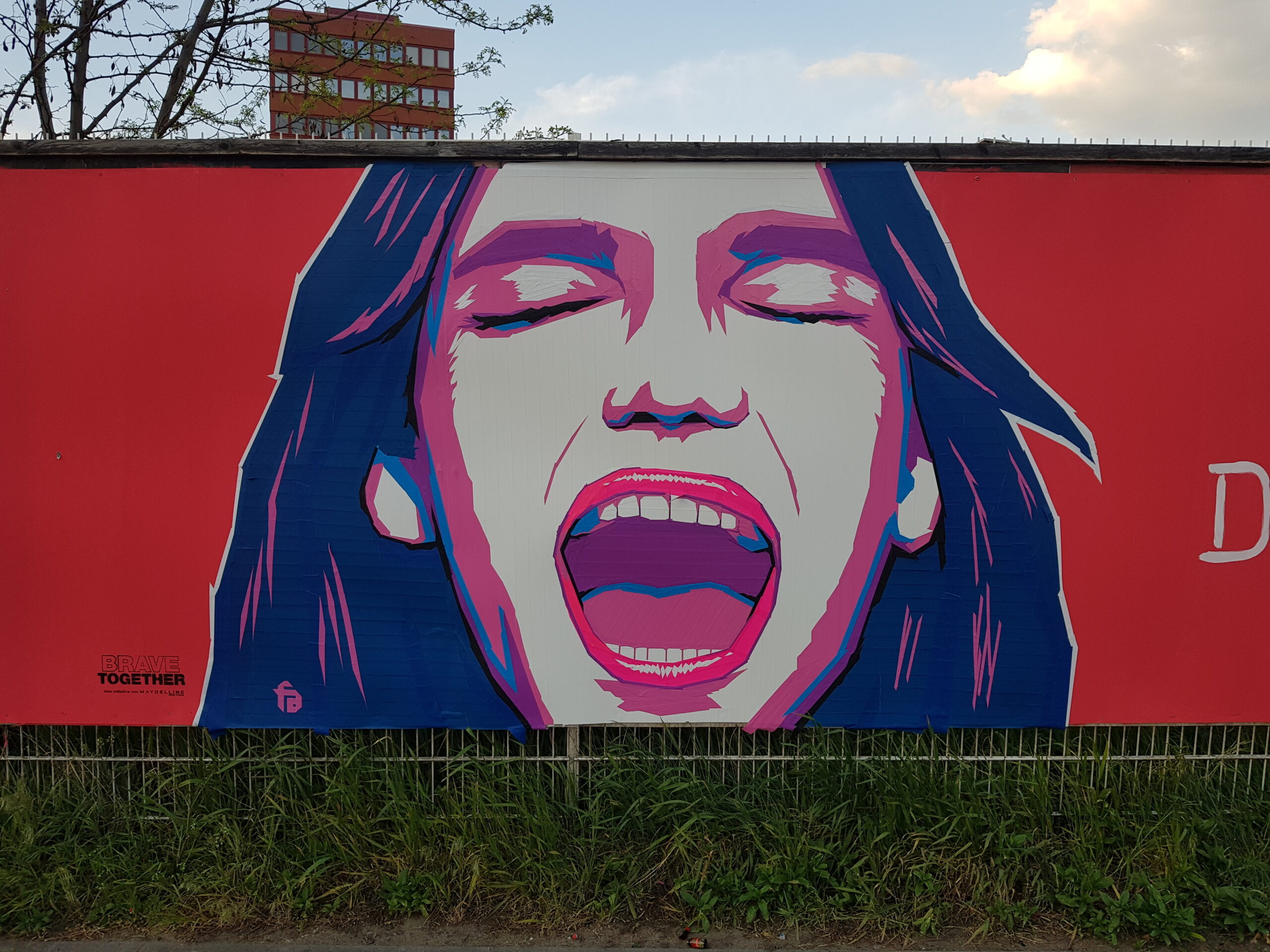We are whatever it is that we are and that’s all we can say about it. There’s no need therefore for us to try to get ourselves to be any particular way. To say that ‘we are whatever we are’ or that ‘we are whichever way we are’ sounds like the vaguest statement anyone could ever possibly make – what could be vaguer than this? This doesn’t mean that it’s not a helpful or useful thing to say all the same. It’s very helpful, if we knew how to understand it. Were we to imagine that there was a specific way for us to be, a right or correct way, then we would be in serious trouble, we’d be the helpless slaves of a ‘tyrant idea’ that leads to nothing else but suffering, so to know that this isn’t at all the case is very helpful. It prevents us from going down well the alchemists called ‘the via erratum’ (or ‘way of error), which is the same thing as ‘the way of control’. When we have ideas about ourselves then we automatically get tied into control.
If there was a right way for us to be (psychologically speaking, that is) then we could start developing a technology to help us with that, but there’s little enough point thinking about this too much since there absolutely isn’t a right way for us to be. If we wanted to we could perhaps say that we ‘should’ be happy or creative or empathic, etc, but none of these are defined states and so that doesn’t count. Biologically speaking, there exist (of course) firm parameters with respect to internal temperature, salinity, potassium levels, oxygen and glucose content in our blood and so on, but – psychologically speaking – there simply aren’t any parameters that we need to adhere to. The psyche isn’t a defined or determined type of a thing and, this being the case, there is no right way for it to be. When it’s an undefined state of being that we’re talking about (and all being is undefined or undecided when it comes down to it) then there’s no right and no wrong, no matter how basic we might feel this polar designation to be.
This isn’t an awareness we like to have any truck with because there’s no security in it for us – there’s no template to compare ourselves to, no way of saying anything about ourselves. ‘How should I be?’ isn’t a question we can meaningfully ask and so we’re ‘thrown back on ourselves’ in a big way; we want to believe in the existence of some unquestionable external authority that can tell us how we should be (everything will then be nicely simplified down to a matter of making sure that we’re the right way rather than the wrong way) but no such external authority exists. We can’t hand over responsibility for ourselves in the way that we’d like to because there’s nothing there to hand responsibility over to and so what we do to get around this is to play a game – we play the game that there is an external framework when there isn’t. This projected framework then becomes very important to us since we have based our sense of well-being on it; unless this ‘made-up framework’ is perceived as being there in a totally real way then we just don’t feel safe…
When we talk about mental health we make it all about this framework therefore – we use this made-up framework to determine whether we are doing well or not doing well (mental health-wise) and this is a truly absurd state of affairs. If we wanted to say something meaningful about our mental health (for a change) we could say that we are healthy when we move in the direction of not normatively defining mental health (or defining anything else, for that matter) and not healthy when we want to give away all responsibility in this matter, but this has nothing to do with anyone telling us what our MH should be. What can we say about ‘an undecided state of being’, after all? There’s no meaningful angle that we can take here and this means that any attempt to improve or fix a situation is not only going to be completely unwarranted but also perfectly counterproductive. We might feel that we need to improve or fix things, but this doesn’t mean that we actually have to, or that it is the best or most helpful thing to do…
This isn’t to say that we can’t ‘feel right’, so to speak, just that it’s a non-comparative type of rightness that we’re talking about in this case – we aren’t feeling ‘right in relation to anything else’, we’re just feeling right. When we feel right in a comparative way then we can explain why we’re right, prove to ourselves that we’re right, know for sure that we’re right, etc., but at the same time none of this actually means a damn. Our papers are all in order, so to speak; we’ve got all the validation and verification we could ever need, and yet all of this is completely bogus, completely hollow. External validation is always a lie, it’s always a lie because there’s no outside to anything and if there’s no outside to anything then there can’t be any validation from the outside! The outside – which is to say ‘the external framework of reference’ – is a projection, it’s something that only exists in our heads. We need this extrinsic FW to what’s what, and yet the extrinsic FW is a home-made fantasy.
What isn’t a projection is ‘the inside’ and everything is the inside! There’s no outside, as we’ve just said, there’s nothing on the outside of what Wei Wu Wei calls non-dual subjectivity much as we’d like for there to be. Or as Greg Tucker would say, ‘there is no outside to the dream that mind is dreaming’. What this means is that whilst we can feel intuitively that ‘everything is right and as it should be’ we have absolutely no way to prove it, no way to back up this intimation. This cannot be corroborated by any sort of research! All descriptions depend on a FW but that FW is made up by ourselves. Right versus wrong, true versus false, real versus unreal are determined in relation to ‘the outside’ and there isn’t one…
What we have here is a straight choice therefore – we can opt for the situation where we can know for sure that everything is as it should be but where (at the same time) this is a completely fatuous type of knowing, or we could go for the situation where we can’t know or prove anything at all but where – all the same – this is a genuine or non-deceptive situation. It’s a ‘non-hollow situation’. We are whatever it is that we are, but we will never be able to know what this is. There’s no trace or hint of a defined identity here, but what’s so wrong about that?






